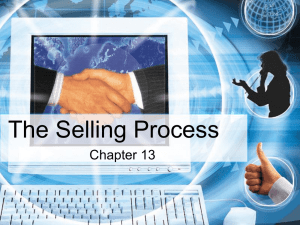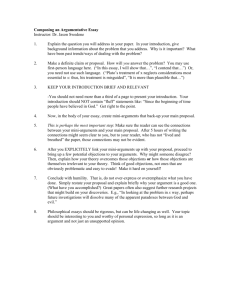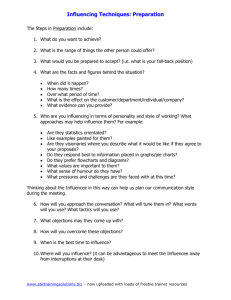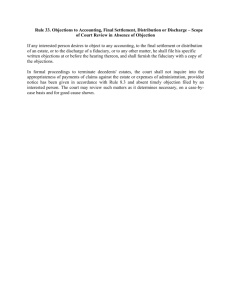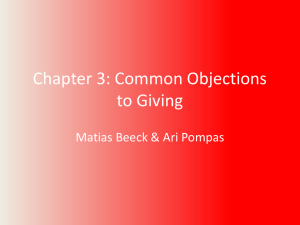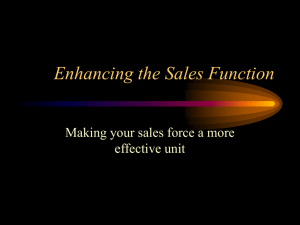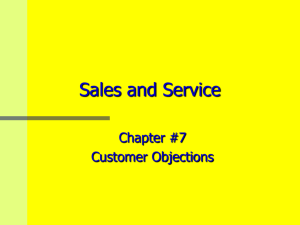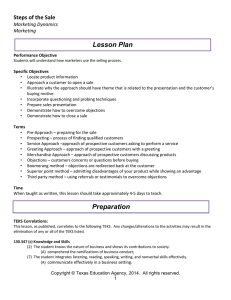Sales Force Program - Mind Stone Investment
advertisement
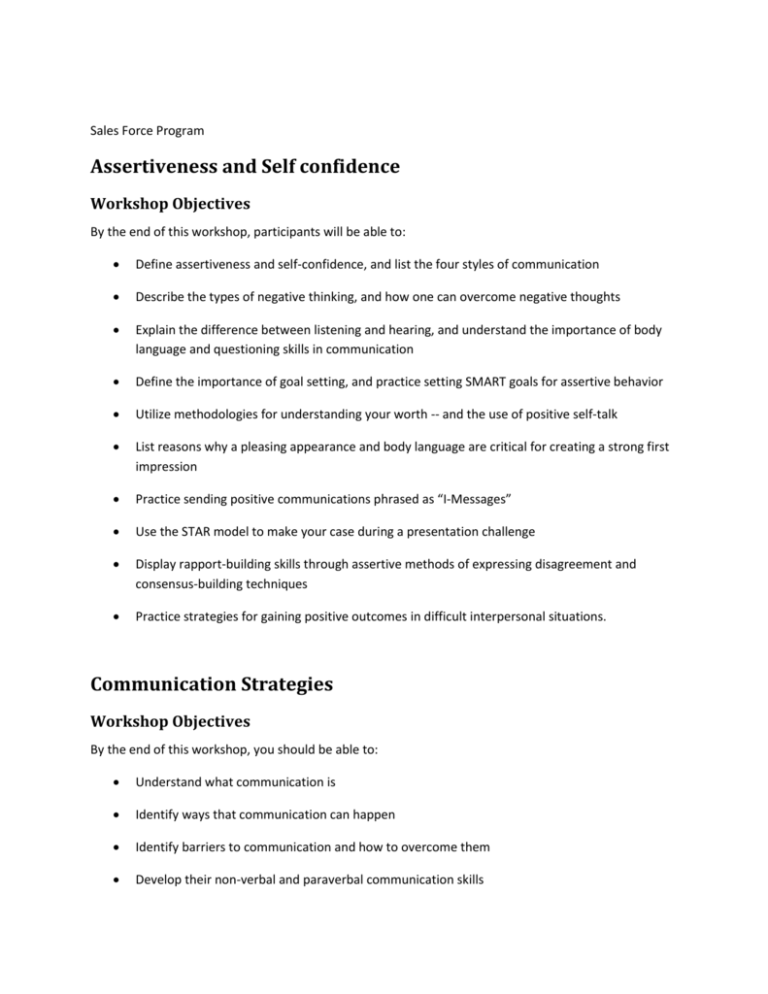
Sales Force Program Assertiveness and Self confidence Workshop Objectives By the end of this workshop, participants will be able to: Define assertiveness and self-confidence, and list the four styles of communication Describe the types of negative thinking, and how one can overcome negative thoughts Explain the difference between listening and hearing, and understand the importance of body language and questioning skills in communication Define the importance of goal setting, and practice setting SMART goals for assertive behavior Utilize methodologies for understanding your worth -- and the use of positive self-talk List reasons why a pleasing appearance and body language are critical for creating a strong first impression Practice sending positive communications phrased as “I-Messages” Use the STAR model to make your case during a presentation challenge Display rapport-building skills through assertive methods of expressing disagreement and consensus-building techniques Practice strategies for gaining positive outcomes in difficult interpersonal situations. Communication Strategies Workshop Objectives By the end of this workshop, you should be able to: Understand what communication is Identify ways that communication can happen Identify barriers to communication and how to overcome them Develop their non-verbal and paraverbal communication skills Use the STAR method to speak on the spot Listen actively and effectively Ask good questions Use appreciative inquiry as a communication tool Adeptly converse and network with others Identify and mitigate precipitating factors Establish common ground with others Use “I” messages Customer Service Workshop Objectives By the end of this workshop, you should be able to: State what customer service means in relation to all your customers, both internal and external Recognize how your attitude affects customer service Identify your customers’ needs Use outstanding customer service to generate return business Build good will through in-person customer service Provide outstanding customer service over the phone Connect with customers through online tools Deal with difficult customers Marketing Basics Workshop Objectives Research has consistently demonstrated that when clear goals are associated with learning, it occurs more easily and rapidly. With that in mind, let’s review our goals for today. At the end of this workshop, participants should be able to: Define your market. Know the different types of marketing and ways to use them. Learn effective ways of communicating with the customer. Know how to set marketing goals and strategies. Recognize common marketing mistakes and know how to avoid them. Negotiation skills Workshop Objectives By the end of this workshop, participants will be able to: Understand the basic types of negotiations, the phases of negotiations, and the skills needed for successful negotiating Understand and apply basic negotiating concepts: WATNA, BATNA, WAP, and ZOPA Lay the groundwork for negotiation Identify what information to share and what to keep to yourself Understand basic bargaining techniques Apply strategies for identifying mutual gain Understand how to reach consensus and set the terms of agreement Deal with personal attacks and other difficult issues Use the negotiating process to solve everyday problems Negotiate on behalf of someone else Overcoming Sales and Objectives Workshop Objectives By the end of this workshop, participants should be able to: Understand the factors that contribute to customer objections. Define different objections. Recognize different strategies to overcome objections. Identify the real objections. Find points of interest. Learn how to deflate objections and close the sale. Sales Fundamentals Workshop Objectives By the end of this workshop, participants will be able to: Understand the language of sales Prepare for a sales opportunity Make an effective pitch Handle objections Seal the deal Follow up on sales Set sales goals Manage sales data Use a prospect board Time Management Workshop Objectives At the end of this workshop, participants should be able to: Plan and prioritize each day’s activities in a more efficient, productive manner Overcome procrastination quickly and easily Handle crises effectively and quickly Organize your workspace and workflow to make better use of time Delegate more efficiently Use rituals to make your life run smoother Plan meetings more appropriately and effectively

